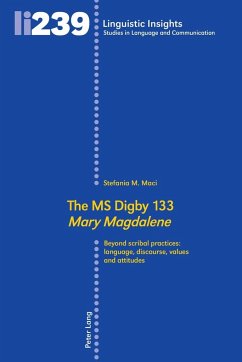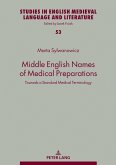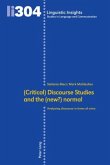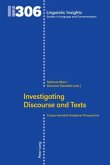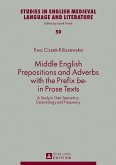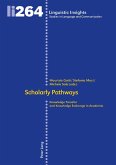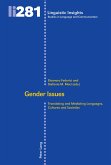The MS 133 Digby Mary Magdalene has commonly been investigated by paying attention to literary features, while linguistic aspects have seldom been taken into consideration, with the result that any deviation from the norm has been classified as scribal inconsistency. However, what has been regarded as scribal carelessness actually seems to be a modern misunderstanding of scribal practices. Indeed, the significant combination of Southern, Midlands and Northern elements featuring in the language of Mary Magdalene is the result of the scribe's desire to faithfully reproduce the author's design, in which variants may have a marked social function. We can thus infer that the Mary Magdalene author probably created a sort of biblical koiné, shared with the audience, which was realized with the linguistic varieties offered by the existing late Middle English dialects and clearly exploited not only for poetic but also, and above all, for religious purposes. At the same time, the text puts an innovative emphasis on the figure of Mary Magdalene, who simultaneously plays the role of sinner and saint, virgin and prostitute, female and male. Thanks to the methodological approach of this volume, the author shows that most unusual forms are diatopic and diastratic alternatives used in specific religious contexts to realize well-defined sociolinguistic purposes.
Bitte wählen Sie Ihr Anliegen aus.
Rechnungen
Retourenschein anfordern
Bestellstatus
Storno

